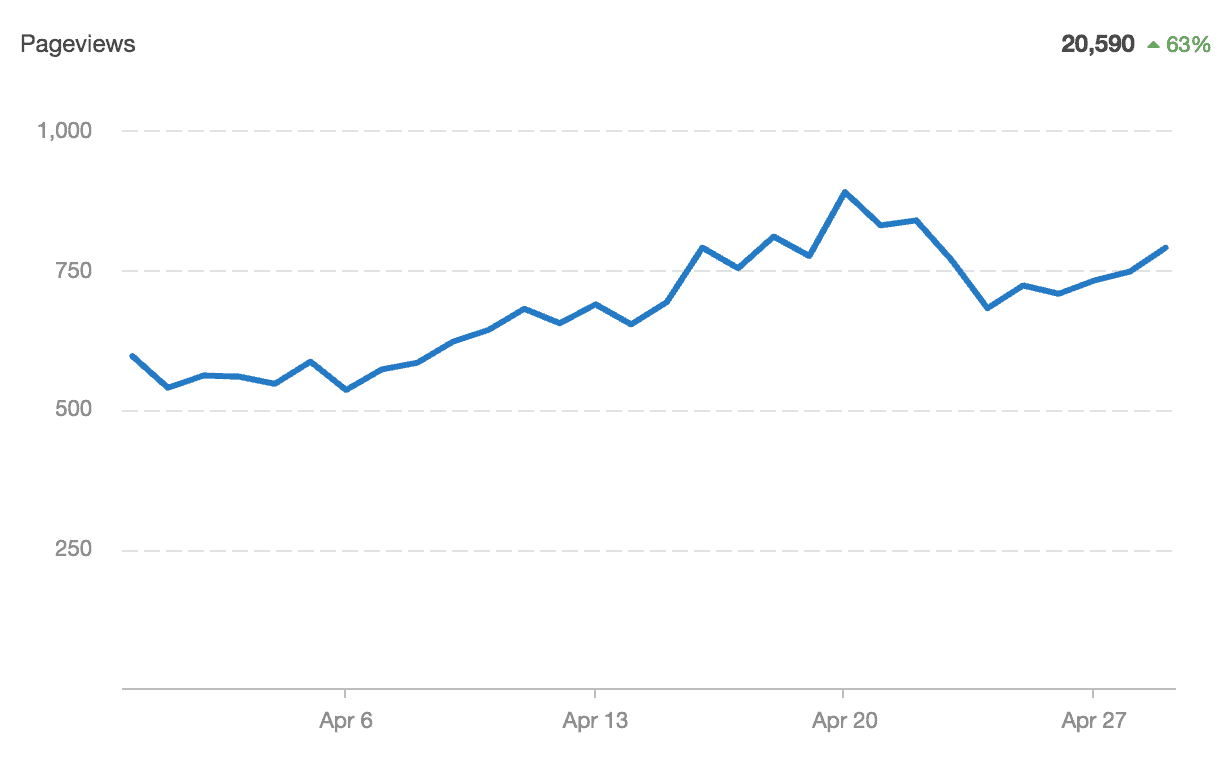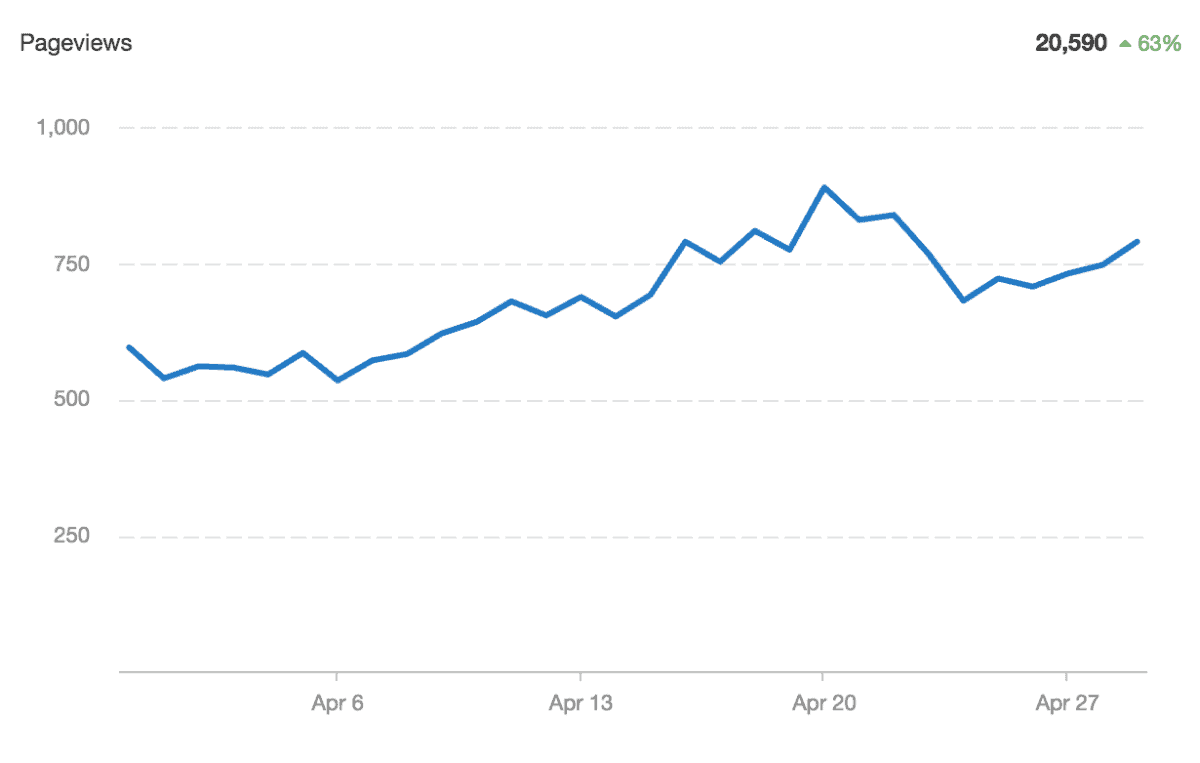Artificial intelligence is a revolutionary technology that has been disrupting different industries for quite some time.
Digital marketing is among them, and together with machine learning, big data analytics, and neural networks, to name just a few of its subsets, AI has brought about some tremendous changes to content marketing, social media, email marketing, and SEO.
On the one hand, this technology will help digital marketers obtain some valuable insights into what their customers want and need, while on the other, it will significantly improve user experience and the quality of search results.
Back in 2015, Google released its new AI-powered RankBrain algorithm and later on went to admit that it’s one of the top 3 ranking factors. Over the past five years, the search engine giant has been developing sophisticated methods for improving user experience, showing only the best and most relevant results to searchers, and penalizing low-value websites.
This article will discuss the way artificial intelligence will change SEO and how SEO marketers can leverage it for their own benefit.
User Experience Is an Imperative
In an attempt to make sure that their users get the most relevant search results as quickly as possible, and on any device, Google takes into consideration different user engagement and their behaviour on every website.
There are several signals and metrics that the search engine closely monitors when it comes to deciding whether a particular web page is valuable and relevant to their searchers:
- Organic click-through rate – the number of users who click on a particular search result
- Dwell time measures how long a visitor stays on a page before they return to the search results page
- Bounce rate – the number of visitors who leave a particular page immediately after they land on it
- Pogo sticking – clicking back and forth between the search engine results page and individual search result destination pages. This metrics strongly indicates that the visitor isn’t happy with what they find on a particular page.
These four user-experience metrics heavily influence rankings, meaning that Google is becoming increasingly intuitive when it comes to determining whether a particular website is relevant for a specific query as well as whether it’s easy to navigate and user friendly.
Engaging visitors who land on a web page is of crucial importance – they will be more likely to stay longer and explore the entire website. This advanced technology can be used for this purpose too – conversational AI, whose use cases go from insurance bots to augmented reality chatbots implemented by beauty brands, assists website visitors in finding what they’re looking for easily, answers their questions, solves potential product issues, and even accepts payments.
All this seems pretty straightforward – Google analyzes whether its users are satisfied with the results it shows them for a particular search and ranks websites based on how relevant they are, how good their content is, and how user friendly they are.
But, let’s stop for a moment and grasp this information: Google receives approximately 63,000 searches per second. Or 5.4 billion searches per day.
Another staggering stat illustrates the complexity of the ranking process – 15% of all daily searches are entirely new, which makes it even more difficult for Google to show the best and most relevant results.
That’s a lot, meaning that only a powerful algorithm based on artificial intelligence and machine learning such as RankBrain can process, analyze, and make sense of these metrics and leverage such a massive amount of insights to provide the best possible results and user experience.
Big Data Analytics Matters Big Time
When artificial intelligence is mentioned, most people visualize super-intelligent and powerful machines that can talk, think, and behave like people, but for the time being, this concept exists only in the sci-fi genre.
At the moment, one of the central use cases of AI refers to a wide range of technologies, including big data, capable of processing gargantuan data sets coming from different sources. In other words, big data analytics is capable of analyzing and finding patterns, finding trends, and systematically extracting insights in unstructured, semi-structured, and structured data. That’s something that traditional data analytics can’t.
When it comes to SEO, AI powers Google’s Knowledge Graph, a centralized platform pulling different information from a variety of sources such as Wikipedia, Wikidata, and CIA World Factbook. This information is then used to improve search engine results and provide interlinked answers and descriptions about entities, people, facts, real-world objects, abstract concepts -you name it.
Basically, the Knowledge Graph crawls the entire Web in search of the information about, say, a particular company. This includes websites, social media accounts, customer reviews, or mentions in the media.
Companies can influence how they’re represented in the Graph by providing accurate and updated information on their official sources and accounts.
High-Quality Content Will Reign
Creating high-quality content that adds value to readers is a central point of every SEO strategy.
Brands that want to attract visitors and increase dwell time have to produce a lot of relevant, educational, and entertaining content, a task that can be challenging in terms of time and resources.
Enter GPT-3.
OpenAI, an Elon Musk-backed AI lab, released a third version of their generative pre-training transformer capable of generating human-like content. Just like other deep learning systems, GPT-3 identifies patterns and statistical regularities, invisible and incomprehensible to humans, in a vast amount of data. It has been trained on a corpus of almost a trillion words of text extracted from the Web.
The training data contained all kinds of texts, including poetry, prose, recipes, fanfiction, religious articles, different guides, and every imaginable kind of resource.
This robust program that can complete text prompts without any additional guidance.
Hence, it can be used to help SEO and marketing professionals with generating unique and meaningful meta descriptions, meta titles, alt tags, product descriptions, or any other similar web page element. Not only will it automate and streamline this tedious process, but also make sure that the copy isn’t duplicate.
The lab released an API so that companies can implement it in their products and explore this technology further.
In the future, it’s expected that GPT-3 will be able to quickly generate long-form content drafts that editors will polish additionally and tailor to fit their brand.
Voice Search Will Dominate SEO
With the rise of voice assistants such as Alexa, Echo, and Siri, a growing number of people have started using the advantages of voice search. (I only have to watch my 5 year old using Siri)
Stats say that 50% of searches in 2020 will be voice-based.
This is convenient because people can perform searches while driving, running, or doing something else, and they will hear the answer without having to read it. In other words, if you’re in your car trying to find a certain location, you won’t have to grab your phone and type – you can simply say “Hey Google, where’s the nearest seafood restaurant,” and Google Maps will navigate you.
What does this mean for an SEO specialist?
Voice-based searches are different than text-based ones – they’re more natural and conversational. While we tend to shorten our search phrases when we type, we usually ask complete questions.
So, the content optimized for voice searches has to contain long-tailed keywords and answer the question from a particular query precisely and accurately.
Also, leveraging People Also Ask (PPA) can significantly boost rankings. These boxes that Google shows contain related queries and questions, and by including these answers in their content, marketers can additionally increase their chances of reaching one of the top spots.
Although AI is still in its infancy, its tremendous potential is already visible and is revolutionizing different industries. SEO has already been disrupted, and its principles and rules are changing even as we speak. Brands that want to stay ahead of the curve need to take all these use cases of AI in SEO into consideration.

